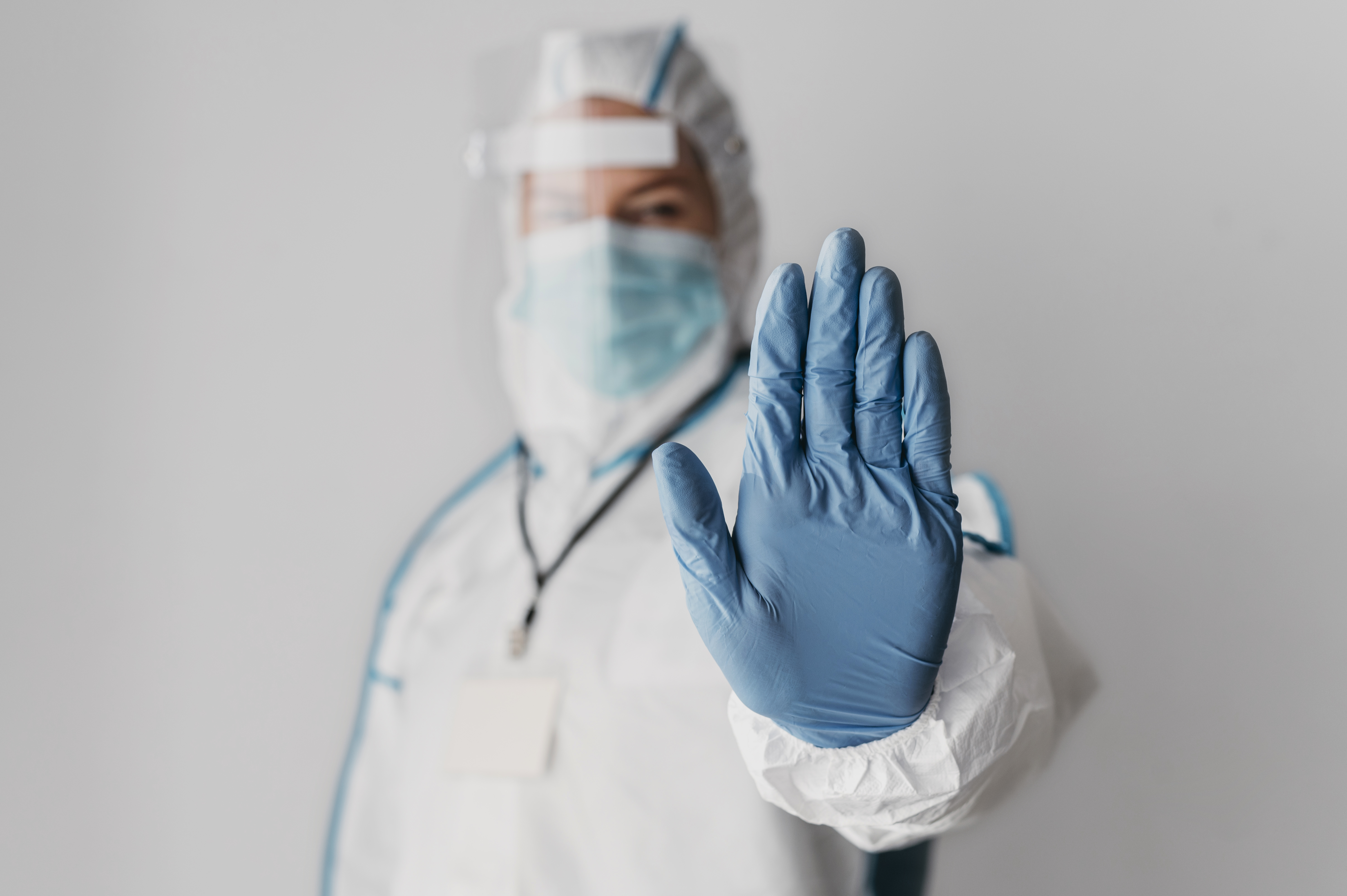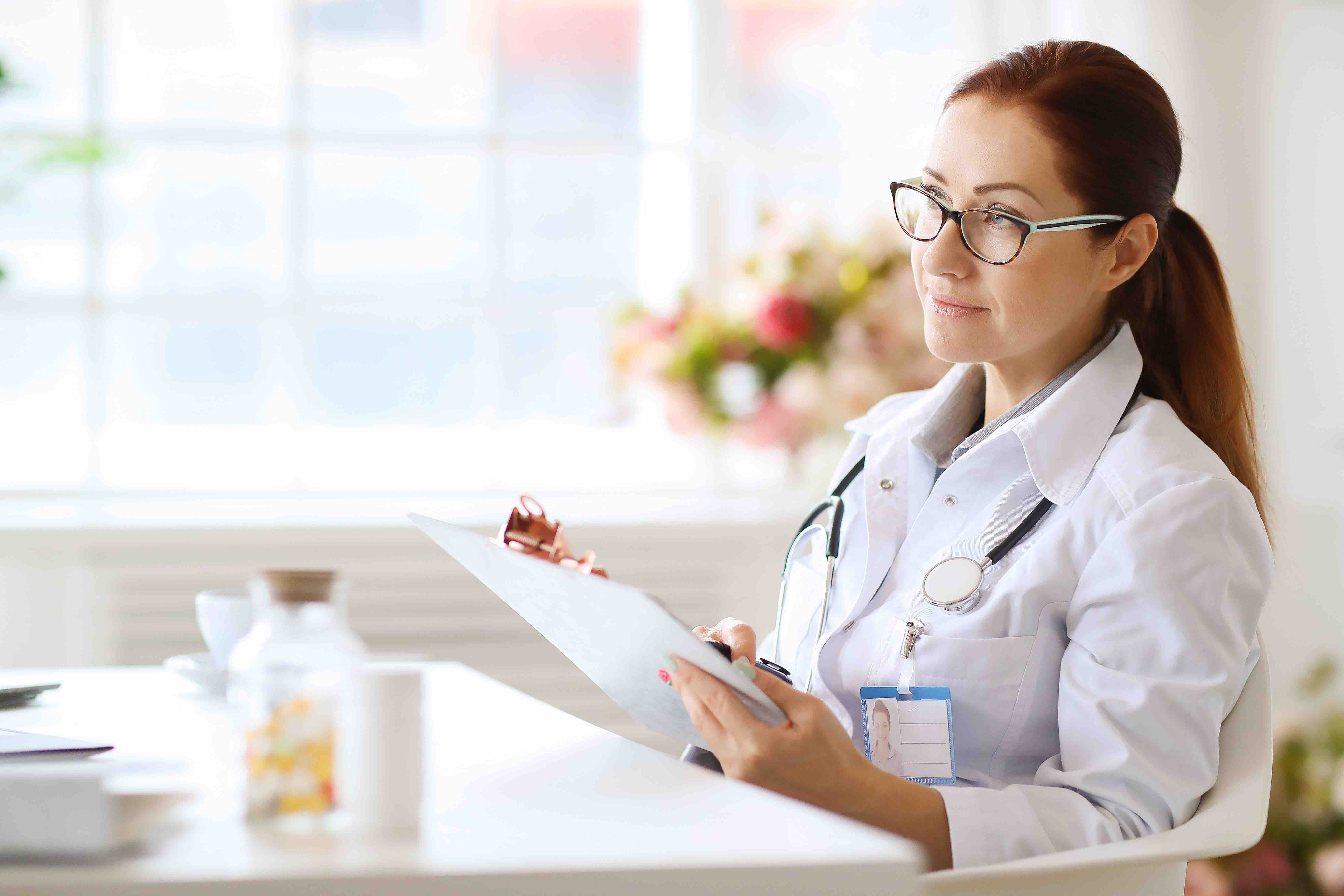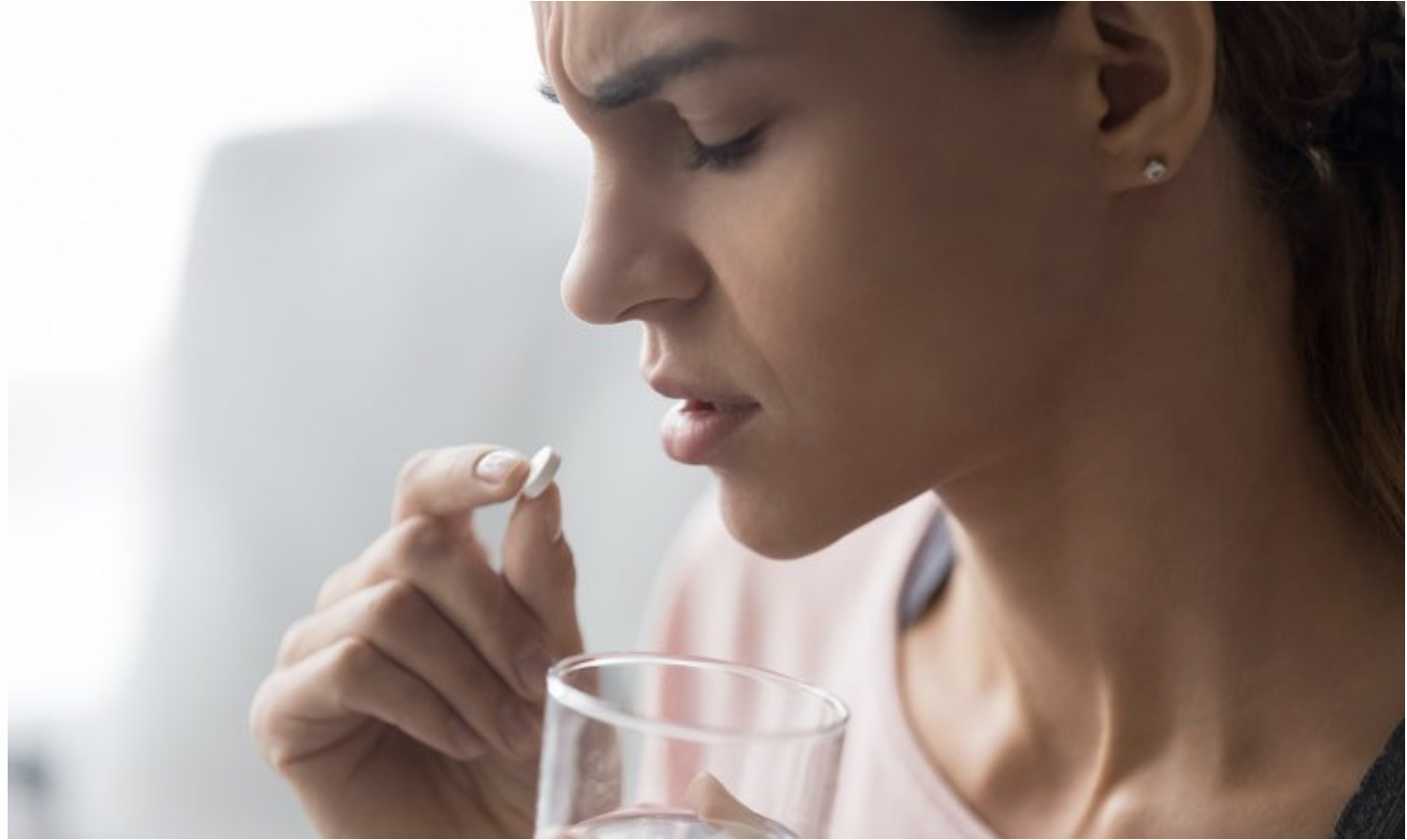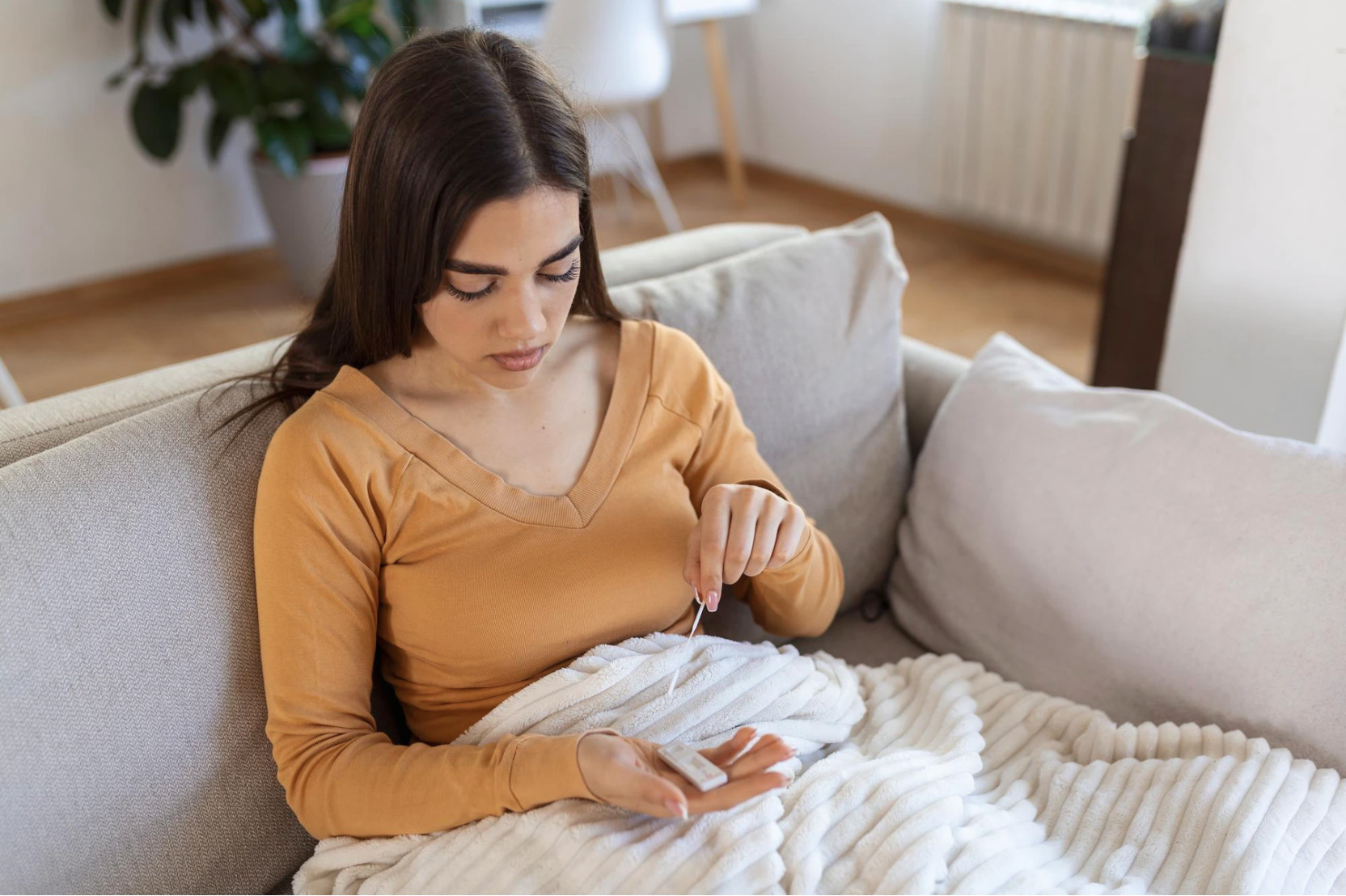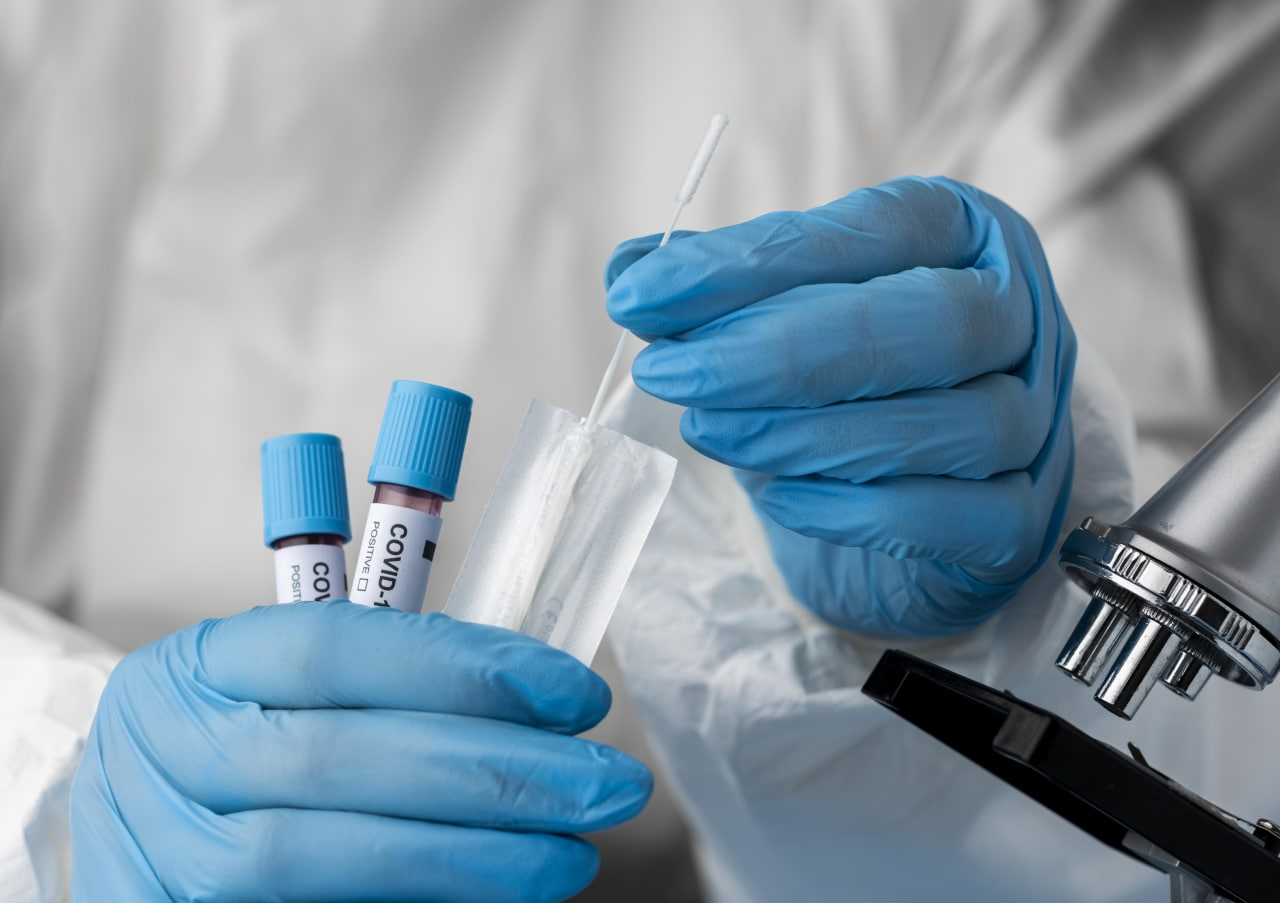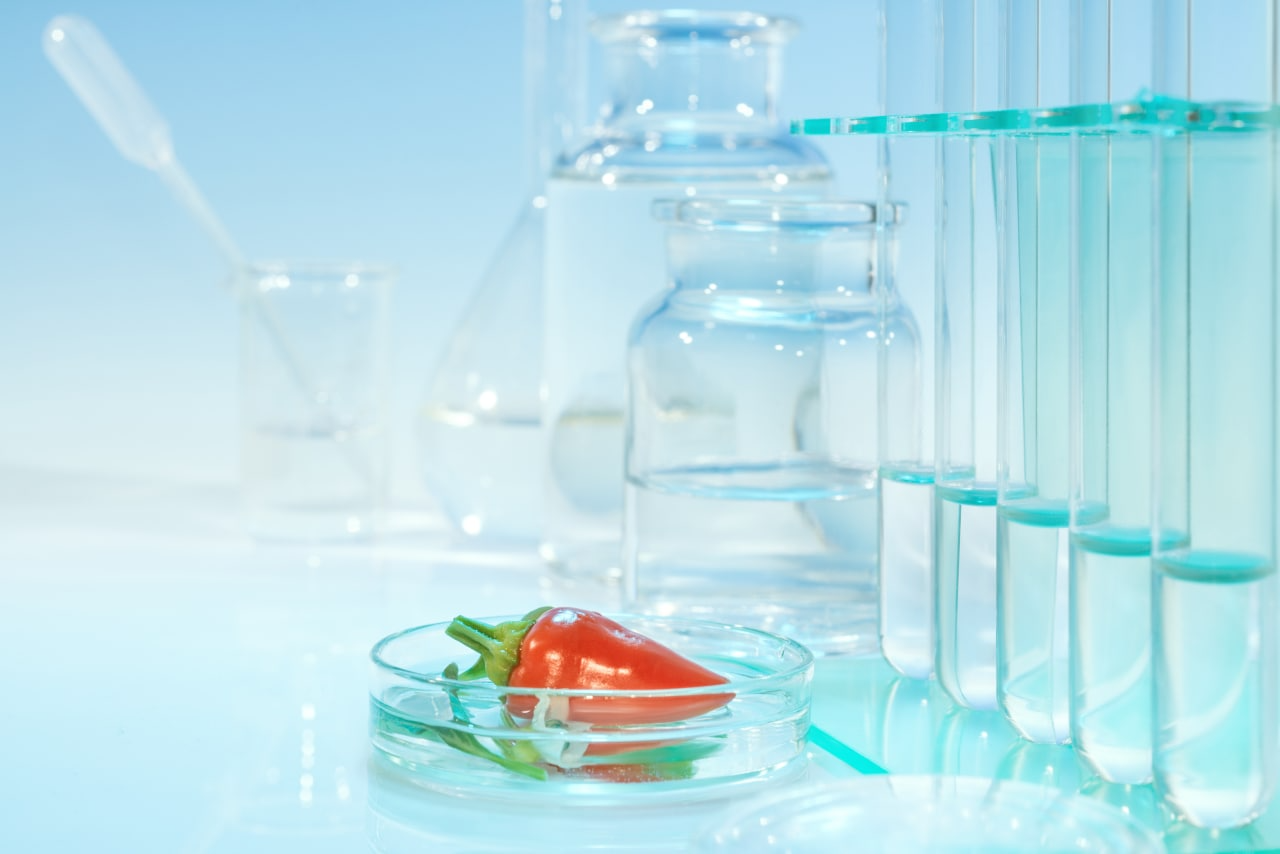In March-April 2020 all of us came through acute stress period. By now the panic has come down considerably. Nevertheless, speaking about the end of pandemic would be running ahead. There is still a threat of getting the virus due to negligence. While relaxing, keep alert to avoid taking SARS-CoV-2 home and protect yourself and others. Our families, relatives and friends are especially exposed to the risk, as they are daily in close touch with us.
How long does Coronavirus stay on surfaces?
The vital thing to remember about the virus persistence on surfaces is that they ought to be cleaned with common household disinfectants, which destroy the virus. The exposure time depends on composition and is provided in instructions. According to the recent research, COVID-19 lifespan may last up to 72 hours on plastic and stainless steel, less than 24 hours on cardboard and less than 4 hours on copper.
The virus susceptibility to exposures
Life-threatening coronavirus research results allow to estimate, that SARS-CoV-2 is susceptible to heating: 20 minutes at 60° C or 3 minutes at 75° C are sufficient to destroy COVID.
Novel coronavirus is inactivated with UVC-light in 15 minutes and with organic fat solvents and detergents in a few minutes.
So how can pharmacists protect themselves and their families?
How to avoid getting coronavirus at work
- Physical distancing of at least 2 metres. Mark out the floor in your pharmacy, if you still haven’t done that due to any reasons. Experience has proven that floor marking may be insufficient. Place a warning poster asking visitors to pass the line only in case of paying or picking up their purchase.
- Follow the guidelines for personal hygiene (wash with soap or sanitize your hands frequently). CDC (Centers for disease control and prevention) recommend using ABHR with 60-95% alcohol in healthcare settings.
- Do not touch your eyes, nose, mouth with dirty (unwashed) hands. Wash your hands thoroughly with soap for at least 20 seconds, when they are considerably dirty, before eating and after visiting a restroom.
- Use medical masks appropriately. Find the recommendations here. It is all the same what side of the mask is facing in.
- At the beginning of your workday put on your freshly washed and ironed uniform. At the end of your workday wash the uniform at 60˚ for at least 30 minutes in order to remove virus particles. Uniform sleeves ought to be long to allow tucking them in gloves.
- Use gloves, goggles and caps, all of them are helpful if used appropriately.
- Clean surfaces at the pharmacy with disinfectants every two hours.
Ideally, all the surfaces (POS machines, coin plates) touched by customers should be cleaned after each client.
Find below the instruction how to don and doff PPE (Personal Protective Equipment). This instruction was developed based on Rush University (Chicago, the USA) video recommendations on how to use PPE.

Guidelines: how to don gown, mask and gloves
- Sanitize your hands, which means thoroughly wash them with soap for at least 20-30 seconds or use disinfectant.
- Put on gown.
- Put on gloves and sanitize them during the day. If sleeves on a gown are long, tuck them in the gloves.
- Put on mask. Fix it.
In case of having goggles and gloves follow the sequence: gown-mask-goggles-gloves.
Guidelines: how to doff gown, mask and gloves
- Sanitize gloves.
- Take off gown turning it inside out. Put it into a bag or directly to washing machine.
- Take off left glove turning it inside. Hold removed glove in right gloved hand. Slide fingers of ungloved hand under remaining glove. Peel glove off over left glove.
- Sanitize hands.
- Take off mask.
- If there is a cap, take it off after gown, before mask. Satitize hands beforehand.
Additional precautionary measures
- Local application of medical supplies with barrier function (nasal cream or gel medicine – oxolinic ointment; barrier spray Nazaval, Nazaval Plus).
- Elimination treatment (nasal rinsing with saline) and intranasal administration of recombinant human interferon alpha.
- Immunomodifiers. We will tell about them in next articles.
How to avoid getting coronavirus in the streets
A pharmacy is not the only chance to get infected with novel coronavirus, so we mustn’t drop our guard in the street. In shops, public transport or taxi follow mask regime necessarily. If this measure has been introduced in your region, it should be followed in the street as well. It is highly recommended to have a sanitizer and wipes to safely open and close doors, wipe hands and belongings (bags, gadgets, keys) if needed. When entering a flat use a sanitizing wipe for door opening and closing to keep COVID-19 out of your home. Inform your homies not to come close and go to the bathroom. Wash hands with soap thoroughly for 20-30 seconds. Having a shower is all the better. After that sanitize the items, you touched before.
Take care of yourself, keep your family safe and be well. We wish to all of us and to our families to leave coronavirus behind.

